Of all the variety of minerals and crystals, perhaps the most beloved and widely collected is quartz. Named from the old Saxon word querklufterz meaning ‘cross vein ore’, it is popular with collectors, healers, artists, craftsmen, and people just looking for beautiful jewelry or items to display in their home. Quartz has something for everyone: a startling variety of colors; beautiful geometrically precise crystals; crystals ranging in size from druzy to monumental; strange and fantastical interior minerals such as hematite. Quartz is also the most abundant mineral on our planet.
Pure quartz is a colorless form of silicon dioxide, but there is a wide variety of both colored quartz and minerals that are not commonly understood to be a variety of quartz, such as amethyst, citrine, praseolite, chalcedony, and herkimer diamonds. Many of these varieties derive their color from impurities. Amethyst, for example owes its purple color to a combination of iron impurities trapped in the crystal along with holes in its structure from missing elections. Gray quartz similarly has missing electrons, but instead of iron impurities, it has aluminum impurities. Aside from color, quartz is usually grouped based on the size of the size of individual crystals or grains. If the individual crystal is too small to see using the naked eye, then the crystal is referred to as being cryptocrystalline quartz. If you can use your unaided eye to see the crystal, then it is classified as macrocrystalline quartz.
Rose quartz is a popular macrocrystalline form of quartz best know for its solid masses, beautiful glassy luster and translucent, even, milky pink color. The source of the color is still not well understood. One theory argues that it is due minor impurities such as titanium, manganese or even colloidal gold. The other theory argues that color comes from microscopic mineral fibers of dumortierite inside the rose quartz. Some examples exhibit asterism – a star effect when looking at the mineral from a particular angle when light is shone upon it. In general, rose quartz does not form crystals like you see with other forms of quartz.
Its delicate color has inspired art in other mediums including this glass vase on at the Chrysler Museum, and has its own color listing in the Pantone color library. Man has worked with the material back into antiquity. Beads made of the material have been discovered in the near east. The Chinese, particularly during the Qing dynasty, used the material for carvings. It was crafted in Latin America, and India as well.

Rose Quartz Vase
18th Century, Chinese, Qing Dynasty

Rose Quartz and Gold Double Bird Pendant
8th–12th century Coclé (Macaracas)
From Panama

Dagger (Jambiya)
18th century
Indian, Mughal
Steel, ivory (walrus), silver, ruby, rose quartz
Rose quartz was believed by the Romans, Egyptians and Greeks to be a useful talisman, and the Romans carved it into ownership seals. It was known during medieval times as the love stone, and the Chinese valued it’s properties in the practice of Feng Shui. Given the strong and ancient beliefs that the stone had special properties , it is no surprise that a strong literature has arisen around the material in modern times discussing metaphysical, healing, Reiki, or other spiritual properties of the material.

Ring, filigree with rose quartz
Greek or Roman, from Cyprus
Rose Quartz continues to inspire people, even in modern times. It’s a name given to a character in the Cartoon Network show Steven Universe. In the show, Steven is half-human and half “gem”, a type of ageless alien warrior that project human like forms from the gemstones in their core. Steven inherits his half “gem” lineage from his full-gem mother, Rose Quartz.

Rose Quartz (right), Steven Universe’s mother from the Cartoon Network show “Steven Universe”
By Hilary Florido, Katie Mitroff and Rebecca Sugar (authors); Cartoon Network / Time Warner (copyright owners) – Own screenshot, Fair use, https://en.wikipedia.org/w/index.php?curid=50775788
Rose quartz is found today in southern Africa (Madagascar, South Africa, and Namibia) as well as Brazil (Bahia and Minas Gerais) and interestingly, South Dakota.
There is a second variety of quartz sometimes grouped under the name rose quartz, but also referred to as pink crystalline quartz or crystalline rose quartz or even just pink quartz. This variety is much rarer, forms beautiful crystals and the best examples hail from the Minas Gerais region of Brazil.
For your own rose crystal display piece or healing stone check out Georarities’ selection of rose quartz crystals for sale.

Flower holder with pomegranate
18th Century, Chinese, Qing Dynasty

Snuff Bottle with Floral Design
late 18th century
China, Qing Dynasty
Aquamarine with Rose Quartz Topper
You may also interested in:
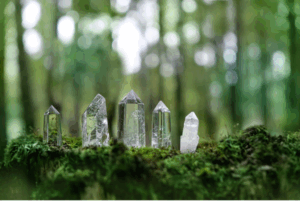
Spiritual and Healing Crystals of Greater Cincinnati: Their Metaphysical Powers and Native American Legacy
The minerals and crystals of the Cincinnati region are not only geological wonders—they are revered for their spiritual, healing, and metaphysical properties, deeply connected to regional traditions, Native American practices,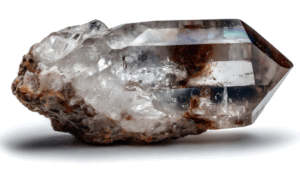
Guide to Quartz Varieties - From Common Crystals to Rare Inclusions
Introduction: The Master Mineral Quartz stands as one of Earth’s most abundant and versatile minerals, composed of silicon dioxide (SiO₂) and crystallizing in the hexagonal system. With a hardness of
Crystals and Minerals for Healing: A Guide to Sacred Stones Across Spiritual Traditions
The use of crystals and minerals for healing, spiritual growth, and energy work spans countless cultures and millennia. From the ancient wisdom of Native American traditions to the chakra systems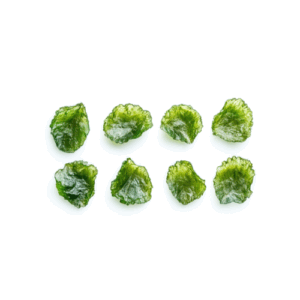
Guide To Collecting Moldavite
Introduction: Understanding Nature’s Extraterrestrial Gift If you’ve ever held a piece of moldavite in your hand, you’ll likely remember the first impression—an almost electric charge and a sense of something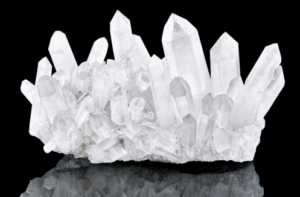
A Song of Quartz
A poem about quartz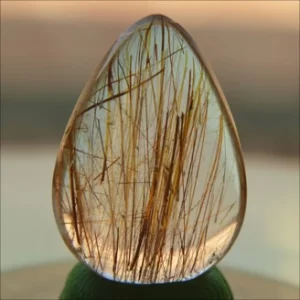
An Introduction to Quartz
Quartz: The Diverse Mineral and Its Multifaceted Significance Quartz, the second most abundant mineral in Earth’s continental crust, stands as a cornerstone in human history and development. Composed of silicon
Taylor Swift Cincinnati Concert Weekend Sale
Photo By Cosmopolitan UK, CC BY 3.0, https://commons.wikimedia.org/w/index.php?curid=84773232 This weekend international pop star Taylor Swift is playing two concert dates in Cincinnati. As with anyplace Taylor plays, this is a
Fluorite
Fluorite - the most colorful mineral in the world! And it fluoresces under UV light, too!
What Exactly do I have - Dolomite, Limestone or Dolostone?
The other night, I was discussing Eddie Murphy with a friend. Murphy, whose career has been up and down over the past 10 years had a bit of a comeback